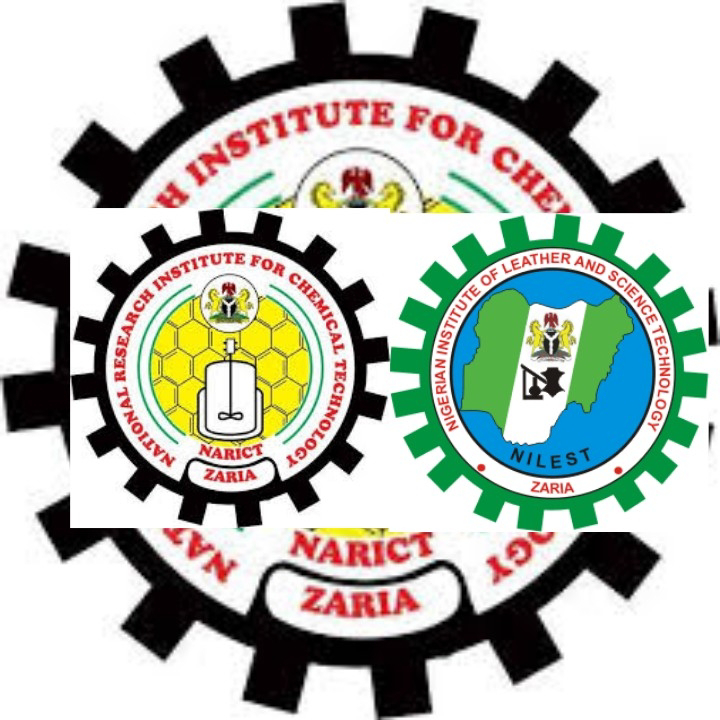ASUP NILEST Chapter Opposes Government's Merger Plan Of NILEST And NARICT

The Academic Staff Union of Polytechnics (ASUP), NILEST Chapter, has voiced strong opposition to the proposed merger of the Nigerian Institute of Leather and Science Technology (NILEST) with the National Research Institute for Chemical Technology (NARICT). The union cited concerns regarding the divergence in mandates between the two institutions and the potential negative impacts of such a merger.
This stance was articulated in a press statement signed by Comrade Joseph Odey Oko, the Chairman of ASUP, NILEST Chapter.
The statement emphasized that NILEST, primarily focused on the development and promotion of the leather industry, has mandates ranging from training and capacity building to research, technology transfer, and environmental protection. In contrast, NARICT conducts research in various areas of chemical technology, including chemical process development, materials science, and renewable energy.
“We, the members of the Academic Staff Union of Polytechnics (ASUP), NILEST Chapter wish to express our reservation regarding the proposed merger of the Nigerian Institute of Leather and Science Technology (NILEST) with the National Research Institute for Chemical Technology (NARICT) and why we believe that the merger may not be in the best interest of government's goals for creating the Institutes”, the statement said.
While acknowledging the government's initiative to reduce the cost of governance through restructuring and rationalization of Federal Government Parastatals, Commissions, and Agencies, as indicated by the approval of the Federal Executive Council (FEC) for the implementation of the Steve Oronsaye’s Report on the subject matter, the union believes that the unique mandates and achievements of NILEST warrant a reconsideration of the proposed merger.
The press statement highlighted several potential issues with the proposed merger, including conflicting goals, cultural differences, loss of specialization, resource allocation challenges, administrative hurdles, and risks of failure. The union emphasized that combining institutions with differing mandates and focuses could lead to inefficiencies, dilution of expertise, and dissatisfaction among stakeholders.
It further underlined the mandates of both institutions: “The Nigerian Institute of Leather and Science Technology (NILEST) has several mandates, primarily focused on the development and promotion of the leather industry in Nigeria. NARICT conducts research in various areas of chemical technology”.
Regarding the significance of NILEST, the statement said: “Unemployment has been a significant concern for governments at all levels since both the pre-independence and post-independence eras. Various strategies have been devised and implemented through projects, policies, and programs to address the rising unemployment rates. NILEST, as a training institute focused on innovation and invention, plays a crucial role in providing education for self-reliance, as outlined in its mandate. The institute trains both graduate and non-graduate youths, literates and illiterates alike, in fields such as footwear, leather goods, and polymer technology. This training aims to ensure that the youth can become self-reliant after completing their education, rather than relying on securing a government job”.
“There is no way that the two agencies if merged will produce any meaningful outputs rather than chaotic collaboration and antagonistic relationships”, the statement emphasized.
Comrade Joseph Odey Oko, Chapter Chairman of ASUP NILEST Chapter, urged relevant authorities, including President Senator Ahmed Bola Tinubu, to reconsider the merger proposal and allow both institutions to continue their valuable work independently, emphasizing the importance of sustaining advancements in their respective fields.
“We believe that the proposed merger of NILEST and NARICT is not in the best interests of either institution or the stakeholders involved. We urge Mr. President, His Excellency, Senator Ahmed Bola Tinubu and relevant authorities involved in the implementation of the Oronsaye’s report to reconsider this proposal and allow both institutions to continue their valuable work independently”, the statement concluded.

